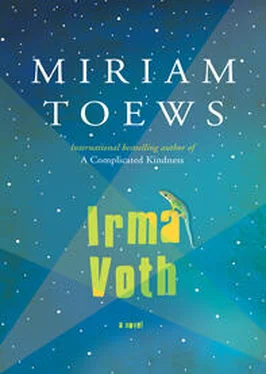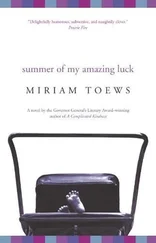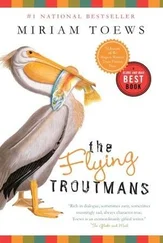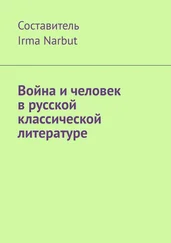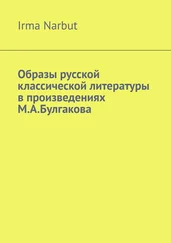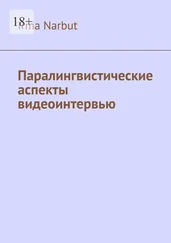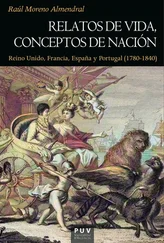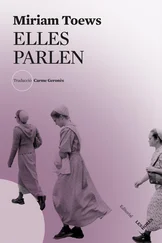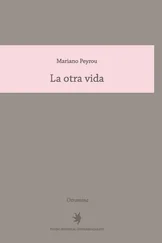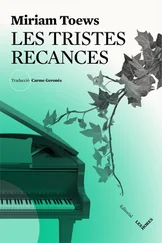I decided to see the movie by myself. I had thought about taking Aggie with me but I didn’t want her to see Alfredo, her friend’s dad, making pretend love to Marijke. I didn’t want her to sit beside me moaning in agony or pretending to vomit. I also didn’t know how the movie ended and I was afraid that maybe Oveja would be shot, or disappear somehow, and that Aggie would be devastated all over again. Then I thought about how angry she’d be with me if I didn’t take her so I changed my mind and decided we’d go together and that the disturbing picture of a naked Alfredo or a wounded pit bull would be one that she would have to deal with on her own. I guess, at thirteen, there is almost nothing harder to bear than images of dead dogs and naked middle-aged men, but that’s life.
I don’t know how to describe the feeling of going to a movie. We went. Natalie and Hubertus agreed to babysit Ximena and even gave us extra money for popcorn. Aggie put on eyeliner. We took a bus to the theatre and paid for tickets and went inside and sat down in soft chairs and fought a little bit for the armrest in the middle (Aggie won) and waited in the dark. There were a lot of people. There was a lot of noise. And then it got very quiet and even darker and the curtain opened and the movie started. It was more exciting than anything I could remember happening, ever.
I still don’t know what the movie is really about. I’m not smart enough. Or I don’t want to know. I don’t know. I cried all through the movie. I saw the skies and the cornfields and the faces of people I recognized. Even when Marijke said the lines that I had given her, the wrong ones, lines that were supposed to be funny, I cried. Diego had been right. It didn’t really matter what words they used because all of their thoughts and feelings were being expressed in other more magical ways. Souls communicating with souls. It was amazing. I wish I could explain it. I wish I knew. There were dark circles under Marijke’s eyes that I hadn’t noticed before. She looked a little haunted. There was something about her I could see now, in her movie character, that I hadn’t noticed in real life. For a second she stared directly into the camera and I thought no, no, Marijke, not directly into the camera. What did I tell you? Every thing seemed to be out of place, the faces, the words, time. All the pictures strung together and people in them, walking, talking, kissing, dying. I felt so happy. Or maybe it wasn’t happiness. There was something that I was beginning to understand but I didn’t know what it was. It was like watching my own life. It was a pathway into myself. It was like the man dying in the duct in Noehmi’s play as he hears the voices from his past. Maybe seeing a movie is like dying, but in a beautiful way. There are words that I want to say but they aren’t strong enough to describe how I felt. Or they’re too strong. And suffocating. Somewhere in the middle of those words is a word like, I don’t know, peace or something. Harmony? That might be right, but probably not exactly.
So there we were. I cried quietly for everything that I had lost and for a few things that I had found and for reasons I couldn’t explain and Aggie was I think trying hard not to giggle. We saw Oveja and she grabbed my arm and said he’s alive! Which I thought was interesting in its way. In the way that it might not actually be true but that it seemed true in that very moment. I saw myself lying under a tree with my back to the camera. Diego had used me as a body double for Marijke who had refused to do that scene because of the snakes. It was amazing. I had never seen a photo of myself, let alone a moving picture. I saw Marijke’s giant face fill every inch of the screen. I almost screamed. When we saw the kids from our campo Aggie said ha! Look! It’s Aughte! And somebody behind us told her to be quiet. The fields and the skies were so empty and lonely and alluring. I asked Aggie in a whisper if it made her want to go home and she said no in a loud voice and was told again to shut up. The movie ended and we stretched our legs out and got ready to leave but then the lights came on and a woman with a microphone walked up to the front of the theatre and onto the stage and said that tonight was a very special night because Diego Nolasco was with us and would now be answering questions from the audience.
I didn’t know what to do. I didn’t want Diego to see us and tell someone, anyone, the police, our father, where we were. But the lights were on and if we stood up now and tried to leave we’d be completely conspicuous and I imagined Diego calling out hello Irma and Aggie, cómo están ? So I hunkered down a bit in my seat and told Aggie we’d stay for the questions and then leave.
Can I ask one? said Aggie.
No! I said.
The woman behind us had clearly been tested. My God, she said, have you no respect?
I’m sorry, I said. We do, we do. I’m sorry.
Aggie turned around to say something to the woman and I dug my fingers into her leg and whispered in Low German that she should just shut up and stay calm and then the woman started to say something about how Aggie was a kid, a punk, and shouldn’t be there and I thought about agreeing with her but then Diego’s voice was everywhere and he was up there on the stage in nice clothes and talking into the microphone and smiling and there was applause, a lot of it, that drowned us all out and Aggie settled back into her chair and the woman did too and we all more or less listened to what he had to say.
Audience member: How did the Mennonites feel about a movie being made about them?
Diego: There was some interference, certainly. There was some resistance initially. But eventually they realized that we were there to make a respectful film which I think you would agree with, having seen it now. Alfredo, who plays the husband, was very co-operative and helped smooth things out for everyone. For the most part the Mennonites were happy to have us there and were very generous with their time and their land and homes, locations where we shot.
Audience member: Had you considered opening the film in Chihuahua, where the Mennonites might have seen it?
Diego: I had, yes, and I still want to bring it to the community so that they can see it, but the logistics of that, now, are still … complicated.
Audience member: The film is stunning. It’s awe-inspiring. Thank you for making it. My question is, what was the shoot like? What were some of the difficulties you encountered?
Diego: Thanks. Um, thanks a lot. Well, we had to wait for the right weather, often. It was the rainy season when we were shooting, it was supposed to be, but the rain didn’t come when it was supposed to so we had to use artificial rain. That was problematic but it worked eventually. There also, it was often very hot, and in fact we lost … or one of our lead actors went missing for several days because … she had heatstroke and went missing in the desert. She walked away from the shoot and got lost. We had warned her not to walk but … Originally I had a girl from the community that I had hired as a translator and sort of companion but she was … she wasn’t able to stay so … But … anyway … the actress was okay in the end. She had to be hospitalized for exhaustion or … for several days so during that time we shot other scenes.
Audience member: Hello Diego. I want to first of all congratulate you. In my opinion Campo Siete is a masterpiece. You are an extra ordinary artist. You’ve transformed a place of austerity and poverty into a place of strange beauty. I don’t know how you do it but I think I can say for everyone here tonight that we are all so grateful that you do do it. Congratulations. Bravo.
Diego: Oh, well, thanks very much.
Audience member: Why did you choose to make a movie about Mennonites?
Читать дальше
